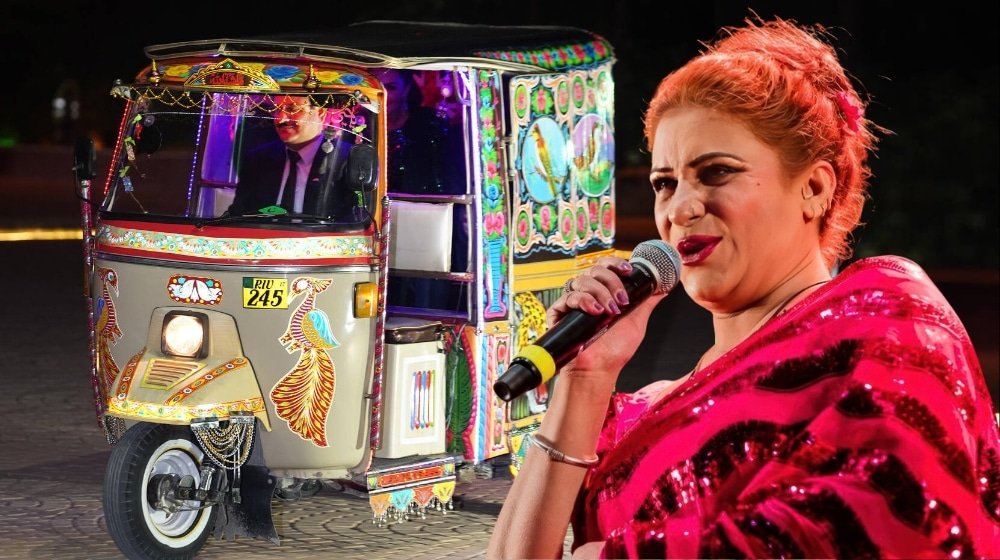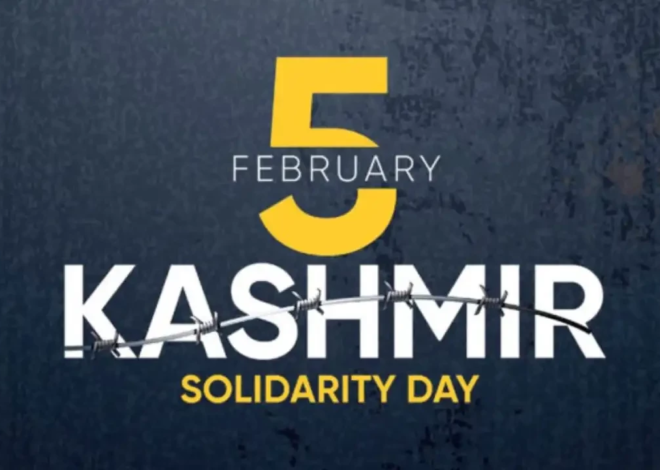
Punjab Sound Systems Act: Rickshaw Driver Booked For Playing Naseebo Lal Song At High Volume In Okara
A rickshaw driver in Okara, Punjab, found himself facing legal trouble after being charged under the Punjab Sound Systems (Regulation) Act for playing a popular Naseebo Lal song at an excessively high volume. The incident has sparked debate across social media and among local residents, raising questions about the boundaries between cultural expression and regulatory enforcement in public spaces.
The Incident: Music Turns Into a Legal Matter
According to local police, the rickshaw driver was stopped after authorities received complaints about loud music being played in a busy market area. The song, performed by renowned Pakistani folk singer Naseebo Lal, was reportedly blaring through large speakers attached to the vehicle. Law enforcement officials stated that the driver’s actions violated noise control regulations under the Punjab Sound Systems (Regulation) Act, which restricts the use of amplifiers and loudspeakers in public places without official permission.
The driver was taken into custody, and a formal case was registered. Officials emphasized that the law is intended to prevent noise pollution and maintain public order, particularly in densely populated areas. The incident has since gained national attention, drawing a mix of criticism and support from the public.
Online Debate and Public Reaction
The news of the arrest quickly spread on social media platforms, where users expressed divided opinions. Many questioned whether the enforcement of sound regulations was justified in a situation involving a single rickshaw driver, while others defended the authorities, citing the need to uphold public noise control laws.
Supporters of the driver argued that music, especially folk and regional songs, is deeply rooted in the cultural fabric of Pakistan and should not be criminalized. Some even viewed the act as an overreach of authority, suggesting that a warning or fine would have sufficed. Conversely, others stressed that the law applies equally to all and that excessive noise can disturb businesses, schools, and residents, especially in urban centers like Okara.
The Broader Context: Law, Culture, and Everyday Expression
The Punjab Sound Systems (Regulation) Act was enacted to curb the misuse of loudspeakers, particularly for political, religious, or promotional purposes. However, its enforcement in day-to-day settings often raises questions about its impact on cultural and artistic expression.
This case has reignited the debate over how traditional practices such as playing folk music in public spaces coexist with evolving legal frameworks aimed at maintaining civic order. It reflects a broader challenge faced across Pakistan — balancing the freedom of cultural expression with the responsibility of adhering to community regulations.
Experts suggest that such incidents highlight the need for clearer guidelines on sound regulation and community engagement. They argue that instead of blanket enforcement, authorities could adopt awareness campaigns that encourage responsible use of sound systems while respecting local traditions.
A Reflection of Cultural Identity
In Punjab, music remains a vital part of social identity, accompanying everything from weddings to street celebrations. Naseebo Lal’s songs, known for their passionate delivery and folk rhythm, resonate strongly with working-class communities, including rickshaw drivers. The Okara case, therefore, represents more than a legal violation — it embodies the ongoing tension between modern regulation and cultural authenticity in Pakistan’s public life.







